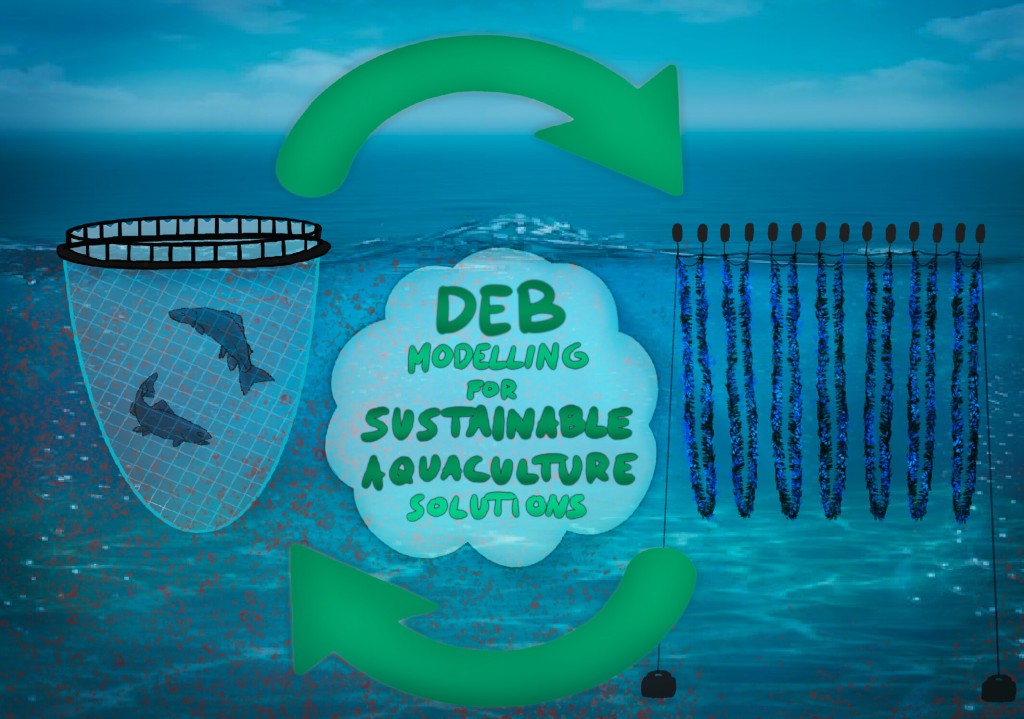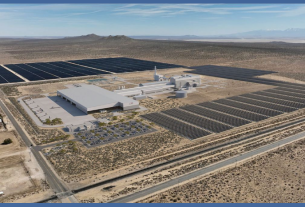Jonne Kotta explains new research which uses dynamic energy budget modelling to explore the potential of mussels for bioremediation at finfish farms. Kotta and colleagues suggest that environmentally sustainable finfish farming solutions may be possible in the eutrophic Baltic Sea region.
The problem
Global demand for fish has risen sharply in recent decades and will surely continue to rise during the next decade. However, this insatiable demand has led to overfishing, resulting in a serious conservation challenge for marine ecosystems. The depletion of fish stocks has detrimental – and often irreversible – effects on the entire ecosystem. Aquaculture is seen as a means to reverse the trend of wild fish exploitation and meet the growing demand for fish, but only if aquaculture reduces its dependence on wild fish for feed and can mitigate its own environmental impacts.
One proposed solution is the Integrated Multi-Trophic Aquaculture System (IMTA) in which harvestable species are cultivated alongside fish farms. The IMTA system directly reduces environmental impacts through the active uptake by low trophic organisms such as macroalgae and bivalves of the unwelcome dissolved and particulate waste released from fish farms. Harvesting these organisms removes the waste from the ecosystem.
Our study
Our study investigated the potential of shellfish farming for bioremediation of finfish farms to develop environmentally sustainable finfish farming in the eutrophic Baltic Sea. Enclosed seas such as the Baltic Sea are particularly vulnerable to fish farm waste, which is slow to disperse, resulting in severe eutrophication. Moreover, the low salinity of the Baltic Sea has been seen to thwart the economic viability of shellfish farming.
The study used dynamic energy budget (DEB) modelling, a powerful tool used in different aquaculture settings to achieve the Blue Growth targets set by the Commission. The DEB models showed that, despite sub-optimal growth conditions, mussel farming has the potential to fully counteract the waste nutrients discharged by fish farms, thus enabling sustainable fish farming in the Baltic Sea region. In other words, fish farming can become a necessary prerequisite for economically sustainable mussel farming in the region.
Mussel farming also assists the licensing of finfish farming, while finfish farming covers some of the costs of mussel farming, thereby enhancing the economic viability. The mechanistic approach developed in this study provides valuable information for stakeholders in the Baltic Sea. This tool could be used to explore the effects on aquaculture of future changes and can be applied to other aquaculture systems. Ultimately, this approach may be essential to sound marine planning and ensure sustainable aquaculture.
Suggestions
To conclude, the increasing demand for fish has led to overfishing and depletion of fish stocks, detrimental to the entire ecosystem. Sustainable aquaculture can serve to reverse the trend of wild fish exploitation while meeting the increasing demand for fish. The Integrated Multi-Trophic Aquaculture System (IMTA) has the potential to mitigate the negative environmental impacts of fish farming.
Our study shows that mussel farming can be a viable solution for bioremediation in finfish farms in the eutrophic Baltic Sea region. The DEB models used in this study can be applied in different aquaculture settings to achieve the Blue Growth goals set by the Commission. Ultimately, DEB models may become standard tools for marine planning and sustainable aquaculture.
Read the Open Access article, “Towards environmentally friendly finfish farming: A potential for mussel farms to compensate fish farm effluents“ in Journal of Applied Ecology



